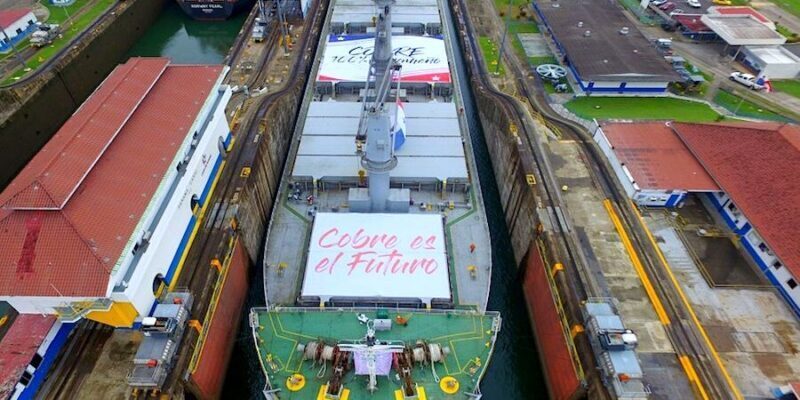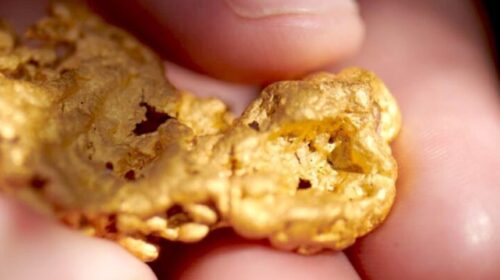First Quantum losing US$8M a day on Cobre Panama halt
First Quantum Minerals says it’s experiencing losses of up to US$8 million a day due to the suspension of ore processing and port loading affecting its giant copper mine in Panama.
In a letter sent this week to the country’s Maritime Authority (AMP), the chief executive of First Quantum’s local unit, Minera Panama, said the halt ordered last week has had a domino effect.
CEO Alan Delaney warned the longer activities are suspended, the greater the “exponential and irreparable damage to the company and stakeholders, including the workforce.”
He noted the government’s measure, which adds to a previous directive to suspend loading operations at the mine’s Punta Rincon port, had forced the company to kicked off a process to suspend contracts for over 4,000 workers, as required by Panamanian labor laws.
The executive noted that move was due to the fact the company has no way of determining how long AMP will prevent the company from exporting and processing ore.
The petition was rejected Thursday evening, according to local press, with the authority saying that any suspension of employment contracts while a company is engaged in negotiations must have prior judicial authorization.
Negotiations between the Toronto-based miner and the country’s government over a new contract for the mine turned sour in December, when the President announced a plan to halt the operation.
Talks have continued since and, at times, they seemed to progress towards ending the months-long dispute over a mine that accounts for about 1.5% of the world’s copper production.
First Quantum is one of the world’s top copper miners and Canada’s largest producer of the metal. It churned out 816,000 tonnes of copper in 2021, its highest ever,thanks mainly to record output at Cobre Panama.
The mine complex, located about 120 km west of Panama City and 20 km from the Atlantic coast, contributes 3.5% of the Central American country’s gross domestic product, according to government figures.
The asset, which began production in 2019, is estimated to hold 3.1 billion tonnes in proven and probable reserves and at full capacity can produce more than 300,000 tonnes of copper per year, or about 1.5% of global production of the metal.
71 total views , 1 views today





